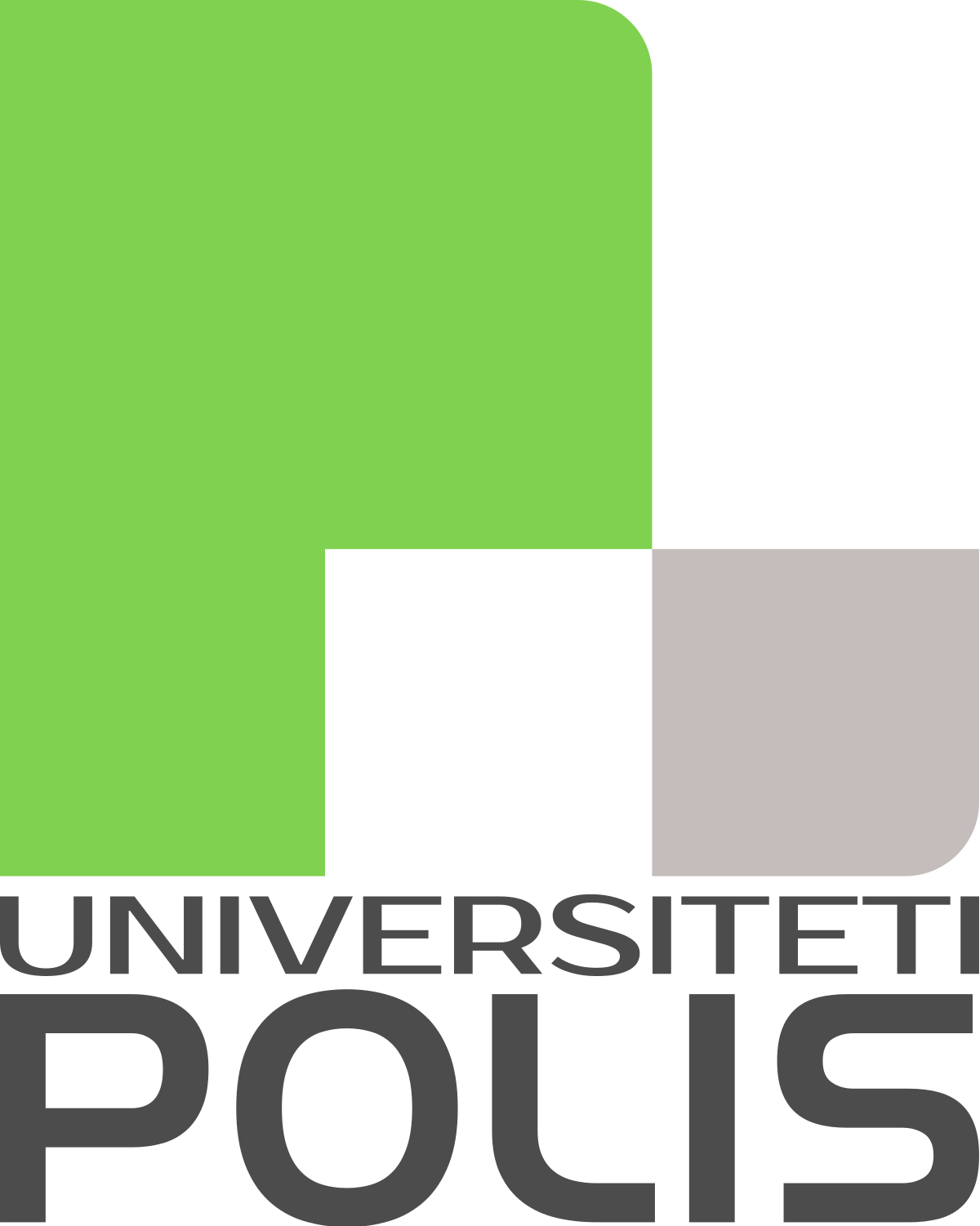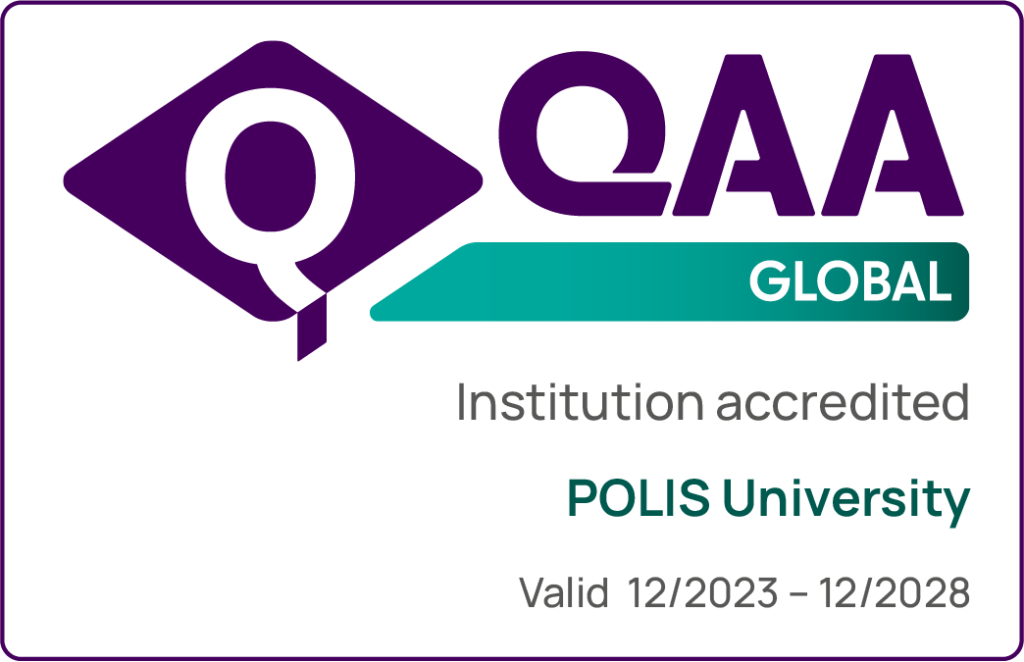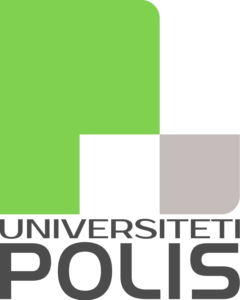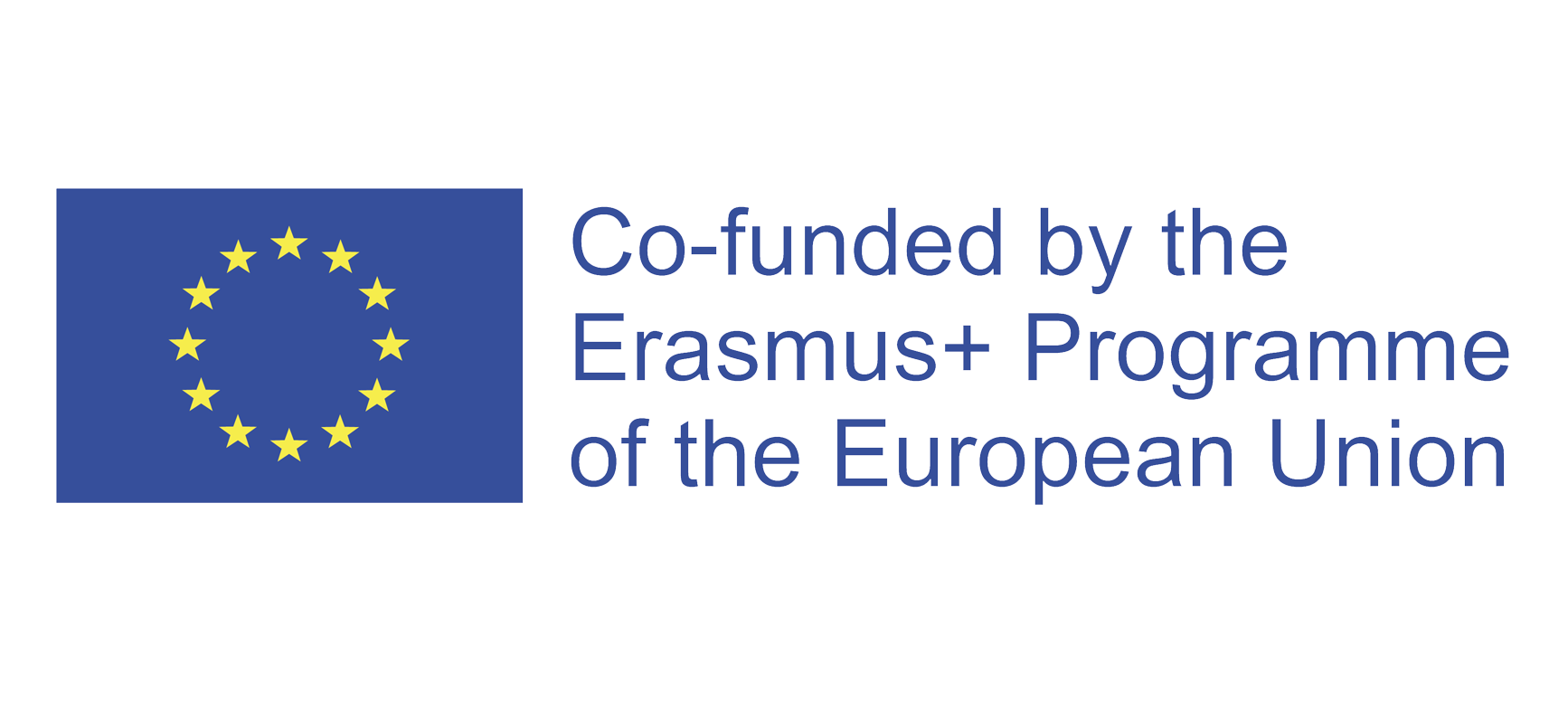Internal Quality Assurance Unit
2025-02-24 9:51Internal Quality Assurance Unit
The Quality Assurance
The Quality Assurance of POLIS University is the set of structures, units, systematic processes, procedures, mechanisms and tools dedicated to evaluate, monitor and review performance, identify quality outcomes, and recommend improvement of the academic units and programs. The main purpose of academic quality assurance is to ensure continuous review, analysis, improvement in all academic programs and institutional units, including research units, through a process of internal reflection, constructive, formative criticism performed by qualified internal personnel and external reviewers.
The Academic Quality Assurance Policy has four main goals:
- Ensure high academic standards and continuous improvement of the academic units and programs of the University.
- Set the main principles, objectives, procedures, structures and standardize the process of evaluating academic units and programs.
- Document and communicate the results of academic quality assurance processes.
- Ensure that all academic units and programs at the University are subject to the Quality Assurance Policy
Internal Quality Assurance Unit
Based on Article 67 of the Statute of POLIS University, the main specific unit responsible for the processes and procedures of evaluation and quality assurance in U_POLIS is the Internal Quality Assurance Unit. Internal Quality Assurance Unit is a permanent and autonomous body set up and responding to the Academic Senate of U_POLIS. IQAU is responsible for the processes and procedures of internal evaluation of all academic (teaching & learning, study programs), research, managerial and administrative activities that take place in POLIS. The adopted applied IQA mechanisms and instruments allow for a full representation and involvement of all groups of interests (academic staff, students, alumni, governing bodies, administration, external experts and other stakeholders).
The internal quality assurance unit (IQAU) operates in accordance with the provisions of the law on higher education in force, the by-laws, the relevant instructions of the Agency for Quality Assurance of Higher Education and the Strategy of the University Statute POLIS.
The main procedure and mechanism for the quality assessment both at institutional level or for the study programs offered by U_POLIS is the quality review (institutional and/or program review, or the combination of the two). The review process must be carried out in compliance with the following standards:
- The process is fair, impartial, open, transparent and informed.
- Leaders, faculty, department, staff, and student involvement is crucial and critical.
- Institutional and program reviews must include peers/experts who are external to the University and who are selected according to specific and informed criteria in a fair and a transparent way.
- Review documents must be concise and easily understood, without excessive formal and bureaucratic burden for those involved directly or indirectly in the process.
- The POLIS units, management and the personnel in charge and other actors involved in the review processes are responsible for ensuring academic quality assurance reviews are performed in full accordance with the approved procedures and internal regulations and in due time.
- The Internal Quality Assurance Unit is responsible for ensuring all program and unit reviews follow the academic quality assurance process appropriately and consistently, and for monitoring and comparing the outcomes of reviews.
IQAU reports to the high governing academic and administrative decision-making bodies, but is an independent unit in terms of operation, the procedures it follows and the results it produces. The organization, tasks, responsibilities and activities of IQAU are defined in the IQAU Regulation, which is approved by the Academic Senate. In the framework the European Standards and Guideline, specifically in compliance to Standards I.2, I.3, I.4, I.5, I.6 and I.7, the IQAU intends to foster further the following aspects and intends to amend its regulation to reflect them:
- Approval, monitoring and periodic review of programmes and awards (Standard I.2 -Part 1, ESG_2015)
- Ensure that all study programs offered by POLIS are subject to a regular and cyclical institutional approval process
- ensure that the programs’ structure and content, have clear and explicit learning outcomes
- ensure that the programs are designed in order to enable smooth student progression;
- ensure that POLIS includes and provides well-structured placement opportunities for graduates;
- the University and faculty internationalization strategies are implemented in the study programs and benefit from external and international expertise.
- Student centred learning, teaching and assessment (Standard I.3-ESG_2015);
- Ensure that the programs are designed delivered in a way that encourages students to
- take an active role in creating the learning process, and that the assessment of students reflects this
- encourages a sense of autonomy in the learner, while ensuring adequate guidance and
- support from the teacher
- respects and adapts to the diversity of students and their needs, enabling flexible learning
- paths, considering novel and flexible use of delivery if needed
- evaluating procedures will include use of and adjusting of a variety of pedagogical methods and flexible and effective modes of delivery during the teaching process.
- Ongoing monitoring and periodic review of programs
- Study programs should undergo cyclical review. As a rule, the curriculum and content is reviewed every 2 (two) years, but at least at the end of each complete study cycle.
- Study programs responsible/faculties/departments’ ongoing work is embedded in the individual procedures’ annual cycles.
- The biannual cycles involve internal and external quality-assurance requirements, pursuant to laws and regulations, general quality-assurance requirements formulated by POLIS and internal quality-assurance requirements adopted at faculty/program level.
- The cyclic evaluations for the revision of curricula convert the results of quality-assurance work into follow-up activities.
- The cyclical evaluations of the programs reports are largely synchronized with all parts of the quality-assurance process and the ongoing work with the individual study programmes. In this way, the annual cycle provides guidelines for the use of intake, drop-out rates, pass rates and course evaluations in quality assurance.
- The course evaluations follow the general POLIS guidelines and includes systematic evaluation of the students’ experience of all courses offered at the faculty. For the purposes of systematic and targeted follow-up, course responsible/coordinators, heads of department/faculty provide feedback on the students’ evaluation during each semester. Mandatory periodic evaluations of the whole course of study for newly established study programs are also conducted.
Click here and read more about Internal Quality Assurance Unit.

Internal Quality Assurance Team works with other University staff and teams to support processes for assuring the quality of education provision across the University. This includes advising on the policies and regulations of the University, supporting the development of programmes, and supporting a range on university committees.
Head of Internal Quality Assurance:
Dr. Emi Hoxholli
Internal Quality assurance members:
Prof. Assoc. Merita Guri – Member
Dr. Endri Duro – Member
Marsela Demaj – Member
Xhoi Musliaka – Member
Anjeza Dajzmaili – Member
Fiona Pirushi – Member (representative from student community)
Gjergji Dushniku – Member (representative from Alumni community)
Enxhi Cerpia – Member (representative from business community)





